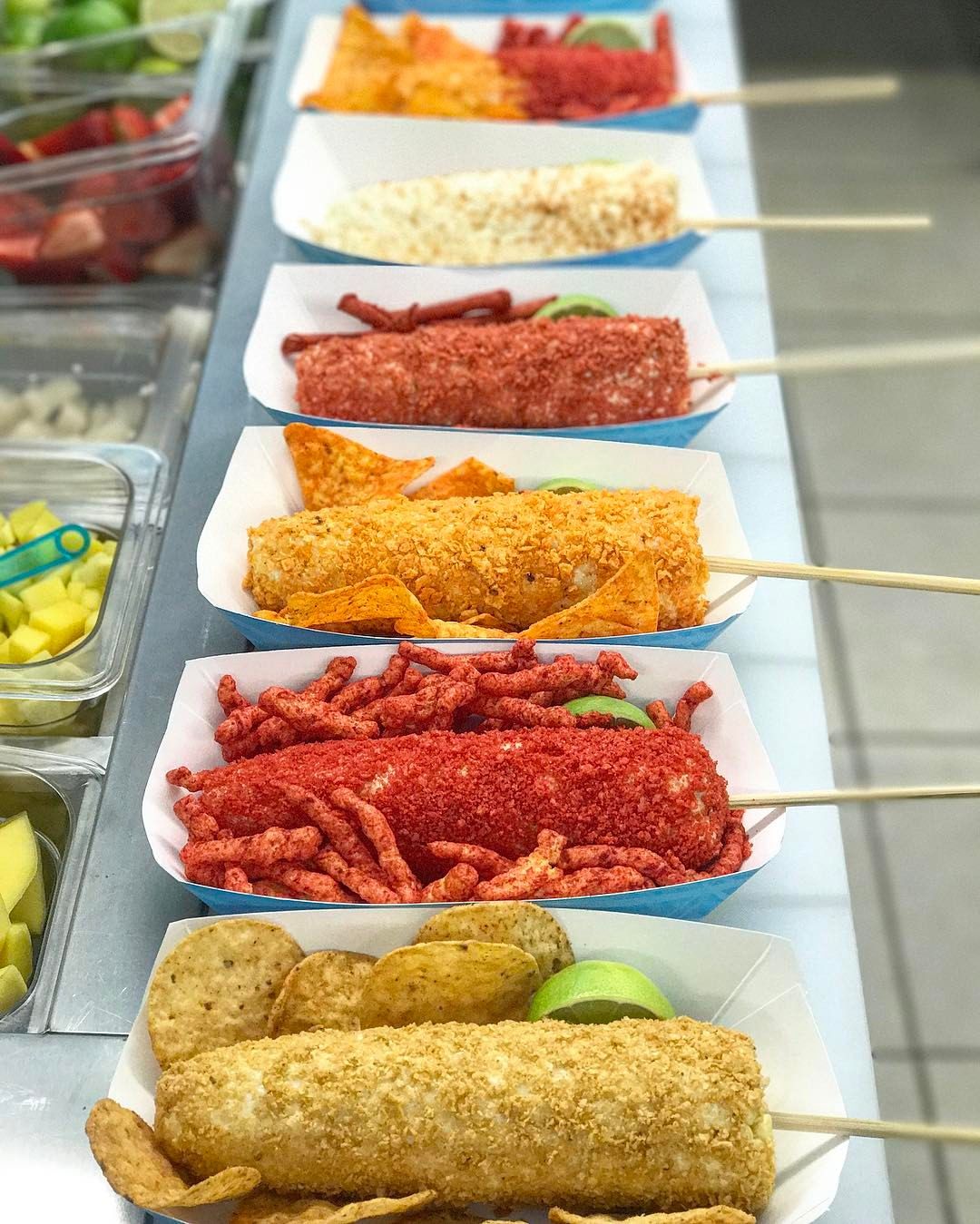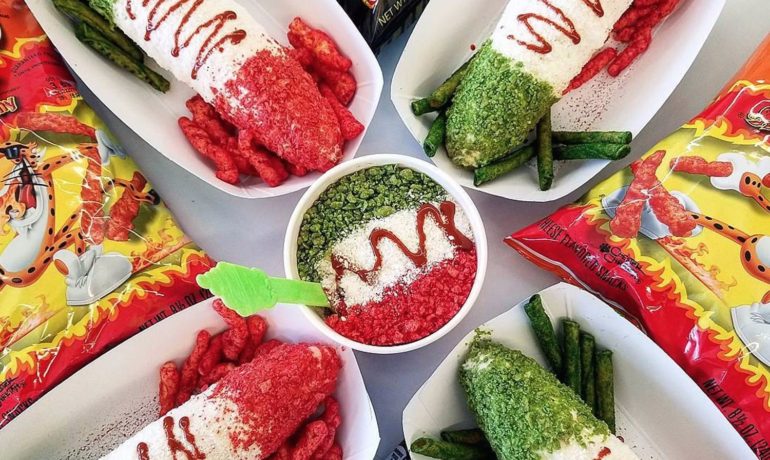Richard Montañez went from cleaning toilets to being one of the most respected execs in the food industry.
On an early morning in the late 1980s, a group of the highest-powered executives at Frito-Lay — the CEO, CMO, and a platoon of VPs — gathered in a California conference room to hear what Richard Montañez had to say.
Montañez didn’t share their pedigree. He wasn’t an executive. He had no fancy degree. He had a 4th-grade-level education, and couldn’t read or write.
Montañez was a janitor. But he was a janitor with an idea — an idea that would make the company billions of dollars and become one of history’s most celebrated and iconic snack foods: Flamin’ Hot Cheetos.
But first, he had to convince the world to hear him out.
Picking grapes
Montañez grew up in the 1960s in Guasti, California, a tiny unincorporated farming town 40 miles east of Los Angeles.
Under the sweltering Cucamonga Valley sun, his family — mother, father, grandfather, and 11 children — scraped together a meager living picking grapes, and slept together in a one-room cinderblock abode at the labor camp.
As a first-generation Mexican immigrant at an all-white school, Montañez had access to few resources and struggled to understand his teachers. “I remember my mom getting me ready for school and I was crying,” he later told Lowrider magazine. “I couldn’t speak English.”
One day in class, the teacher went around the room asking each kid to name his or her dream job: Doctor… astronaut… veterinarian. When she called on Montañez, he froze.
“I realized I didn’t have a dream,” he says. “There was no dream where I came from.”
Montañez soon stopped getting on the school bus and began boarding the work truck with his father and grandfather.
After dropping out of school, he worked the fields in 110°F heat and took on odd jobs slaughtering chickens at a poultry factory, washing cars, and picking weeds. With a 4th-grade-level education and few economic opportunities, Montañez saw no path out of poverty.
Then, in 1976, a neighbor told him about a job opening that would change his life.
“There’s no such thing as ‘just a janitor’”
Down the road, in Rancho Cucamonga, the Frito-Lay plant was looking for a janitor.
At $4 per hour ($18 in 2019 dollars), the job paid many multiples of what Montañez made in the fields. It represented a better life — insurance, benefits, social mobility.
Unable to read or write, the 18-year-old recruited his wife to help fill out an application. He journeyed down a dusty road, met with the hiring manager, and got the job.
When he broke the news to his family, his grandfather imparted a piece of advice that would always stick with him: “Make sure that floor shines,” the man told his grandson. “And let them know that a Montañez mopped it.”
Montañez decided he was going to be the “best janitor Frito-Lay had ever seen” — and he quickly made his presence known.
“Every time someone walked into a room, it would smell fresh,” he says. “I realized there’s no such thing as ‘just a janitor’ when you believe you’re going to be the best.”
Montañez also developed the philosophy that “it’s not about who you know — it’s about who knows you.”
In between shifts, he set out to make himself seen, learning as much as he could about the company’s products, spending time in the warehouse, and watching the machines churn out crunchy snacks in the lonely midnight hours.
And eventually, his insatiable curiosity would pay off.

“I saw no products catering to Latinos”
By the mid-1980s, Frito-Lay had fallen on tough times. As a way to boost morale, then-CEO Roger Enrico recorded a video message and disseminated it to the company’s 300k employees.
In the video, Enrico encouraged every worker at the company to “act like an owner.” Most employees brushed it off as a management cliché; Montañez took it to heart.
“Here’s my invitation… here’s the CEO telling me, the janitor, that I can act like an owner,” he later recalled. “I didn’t know what I was going to do. Didn’t need to. But I knew I was going to act like an owner.”
After nearly a decade mopping floors, Montañez gathered the courage to ask one of the Frito-Lay salesmen if he could tag along and learn more about the process.
They went to a convenience store in a Latino neighborhood — and while the salesman restocked inventory, Montañez made a fortuitous observation: “I saw our products on the shelves and they were all plain: Lay’s, Fritos, Ruffles,” he recalls. “And right next to these chips happened to be a shelf of Mexican spices.”
In that moment, he realized that Frito-Lay had “nothing spicy or hot.”
A few weeks later, Montañez stopped at a local vendor to get some elote, a Mexican “street corn” doused in chili powder, salt, cotija, lime juice, and crema fresca. Cob in hand, a “revelation” struck: What if I put chili on a Cheeto?
For more on this story Click Here.

